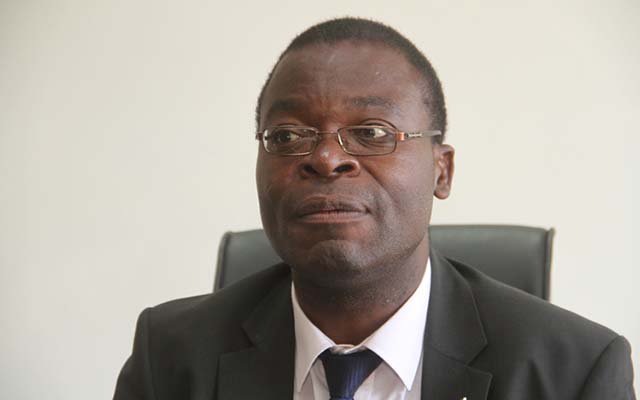
BY SILAS NKALA
CIVIC society, human rights groups and students have slammed government plans to scrap what it termed “useless” degrees from State universities, saying the move might impact negatively on those that have already acquired or are in the process of acquiring the qualifications.
On Saturday, the government revealed that it was actively reviewing degrees offered by State universities with a view to standardising qualifications and abolish “irrelevant” programmes that were ostensibly creating “idle” graduates who do not have innovative skills.
The Zimbabwe Council for Higher Education (Zimche) has since been directed to audit all degrees at State universities.
Higher and Tertiary Education minister Amon Murwira said the realignment was expected to be completed in time for the second semester — around August — this year.
“We have some degree programmes which, when one completes the studies, that person cannot even practise what they have learnt,” he said.
But the plans have irked civic organisations, human rights groups and students.
Zimbabwe Congress of Trade Unions western region chairperson Ambrose Sibindi said they will soon engage the Zimbabwe Lawyers for Human Rights to challenge the decision in court.
- Chamisa under fire over US$120K donation
- Mavhunga puts DeMbare into Chibuku quarterfinals
- Pension funds bet on Cabora Bassa oilfields
- Councils defy govt fire tender directive
Keep Reading
“Government approved these degrees and citizens invested money on the same, as they paid huge sums of money on fees. Some people are already in employment having used those degrees, the question is what is their fate now? They are in danger of losing their jobs or losing chances of promotion,” Sibindi said.
A student at the National University of Science and Technology, who preferred anonymity, said the plan was barbaric.
“What has happened with these guys? You cannot label as ‘useless’ the same degrees you approved in the past. It is like a doctor prescribing a drug and then soon after you buy it the same doctor tells you that it does not work. Utter nonsense!” the student said.
Another student said government must be taken to court for wasting people’s time and money on so-called “useless” degrees.
South Africa-based human rights and political activist Fortune Mlalazi said government’s priorities were misplaced.
“Our problems in Zimbabwe are not those so-called useless degrees, but it is the issue of infrastructure and education practitioners that are not well paid. They must deal with these, instead of scrapping those degrees, but at least introduce degrees with modern flair as an upgrade of those which they deem useless without affecting the graduands who acquired them,” he said.
Church and Civic Society Joint Forum national chairperson, Anglistone Sibanda concurred with government that there were some useless degrees.
“I think to be honest there are some programmes that are now irrelevant. I agree, but I do not agree with the strategy of phasing them out. It must be systematic and allow those who enrolled to finish before phasing them out. It is not the students’ fault, but government’s fault for having kept those programmes for so long knowing that they are no longer relevant and it is unfair for students,” Sibanda said.











